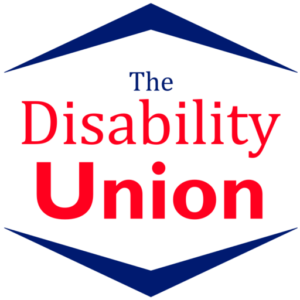Introduction to Accounting Certification
Course Code:
UKFEC16BAC
Duration:
12 hours
Qualification:
Basic Accounting Certificate
Exams Included:
Yes
Compatibility:
All major devices and browsers
Delivery method:
Online (In-house also available )
ENQUIRE
NOW
Basic Accounting Certificate
The Accounting Course offers students the necessary information required to manage your business better or begin a career in the financial industry in the United Kingdom.
This online training course provides students with instruction that will put you on the path to beginning a career as a successful accountant.
Accounting plays a critical role in maintaining and processing the important financial information that helps to operate a profitable business. This is a wide subject that focuses not only on accounting records, but on bookkeeping, taxes and on all aspects of finance. In order to prepare you in this regard, this course offers you a comprehensive overview of what you can expect from your career in accounting and finance.
Introduction to the Accounting Course
As this is an online training course students have the ability to study curriculum whenever and wherever it is convenient for them. Many enrolled students are still able to work full time and maintain an active lifestyle.
Our study material is easily accessed across any device with an internet connection with online support available while you train. After successful completion of this course and a multiple choice exam, you will be awarded your certificate. For a small cost, we can post the certificate for you, or you can download and print it from home.
What You Will Learn
The accounting diploma course prepares students for a career in the financial industry by offering a comprehensive overview of accounting and finance.
This course will cover:
An introduction into the importance of accounting
A look at four ways to structure your business
How to deal with relevant government bodies, registering and filing
The benefits of a business bank account
How to set up a business bank account
Evaluating funding sources for your business
Dealing with money from customers
How to keep track of business costs and tax relief
The essentials of recordkeeping and bookkeeping
How to deal with taxes
Employing staff
Taking money out of your business
How to read the profits, cash and ratios in your accounts
Using forecasting methods to plan for the future
How to know if you need an accountant
Ethical practices of an accountant
Benefits of the Accounting Diploma
The Accounting Diploma offers students a variety of benefits.
These include the following:
The convenience of studying from home, or anywhere with an internet connection.
The ability to study at your own pace. There is no time limit for this course, so if it takes days, weeks or months, you can still complete your studies.
Study material that is available across any device with an internet connection including computers, tablets or mobile phones.
Convenient easy to manage course modules that make studying more enjoyable.
Online support available to help keep you focused while you study.
The opportunity to learn using a comprehensive syllabus that assists you in acquiring the knowledge necessary to start your career in accounting.
Improving your prospects while you apply for work in the financial industry.
After successful course completion, you will earn a certified and recognised diploma.
An affordable pricing structure.
Course Modules/Lessons
Module 1 : Introduction to the Importance of Accounting
Module 2 : Four Possible Ways in Which to Structure Your Business
Module 3 : Dealing with Relevant Government Bodies and Registering and Filing
Module 4 : Setting Up and the Benefits of a Business Bank Account
Module 5 : Evaluating the Sources of Funding for Your Business
Module 6 : Dealing with Money from Customers
Module 7: Keeping Track of Business Costs and Tax Relief
Module 8 : Essential Record Keeping and Bookkeeping
Module 9 : Dealing with Dreaded Taxes
Module 10 : Employing Staff
Module 11: Taking Money Out of Your Business
Module 12 : Reading your accounts Part I: Profit
Module 13: Reading your accounts Part II – Cash
Module 14: Reading your accounts Part III – Ratios
Module 15: Using Basic Forecasting Methods to Plan for the Future
Module 16 : Do You Need an Accountant?
Module 17 : The Daily Life and Ethical Practice of an Accountant


